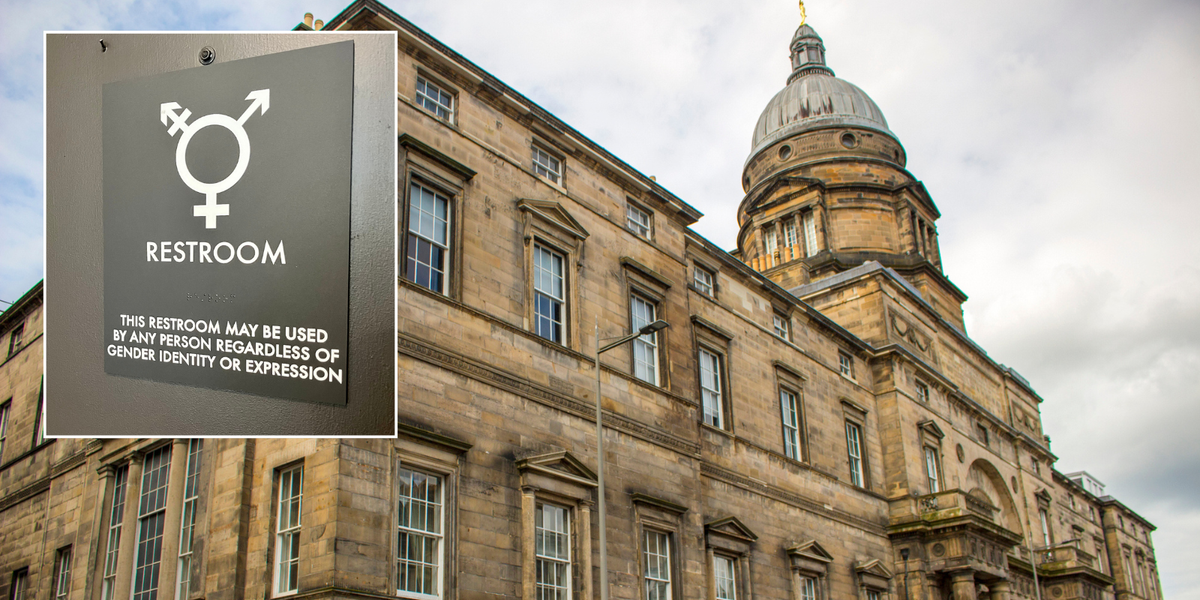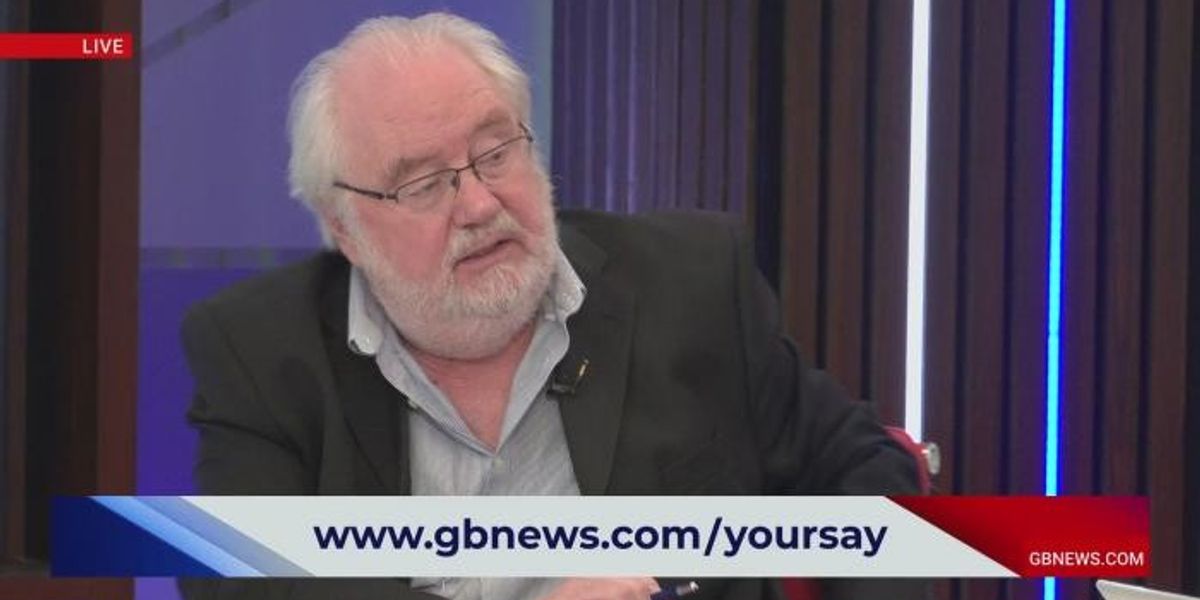But David Blunkett, the then-home secretary, argued the economy needed the “flexibility and productivity” these new workers could provide.
Eight eastern and central European countries joined the EU in 2004, including Poland. According to the government,, external the number of Polish nationals living in the UK increased from around 69,000 to around 853,000 over the next decade.
Blair asked whether the UK could have work permits, but instead the Home Office speedily drew up a “workers registration scheme”.
That scheme required A8 workers – those from the eight new member states – to pay a fee and register their employment in a specific job. Failing to do so would incur a significant fine.
From May 2004 onwards, No 10 monitored these registration numbers week by week.
The government was particularly worried because it had publicly estimated that only 13,000 new workers a year would come to Britain after the EU expanded.
The files show that Kate Gross, one of the private secretaries at No 10, wrote to the prime minister on 2 July 2004.
She enclosed a briefing note for the press which would say “the influx of new arrivals predicted by the media simply hasn’t arrived”, even though that 13,000 had been exceeded.
She explained that while 24,000 people had registered with the scheme, most had been living in the UK before 1 May.
Kate Gross’s memo notes that most were young, aged 18-34 – and there was no evidence of them “exploiting the benefits system”. Blair scrawled “that is the key” by the side of that statement.







